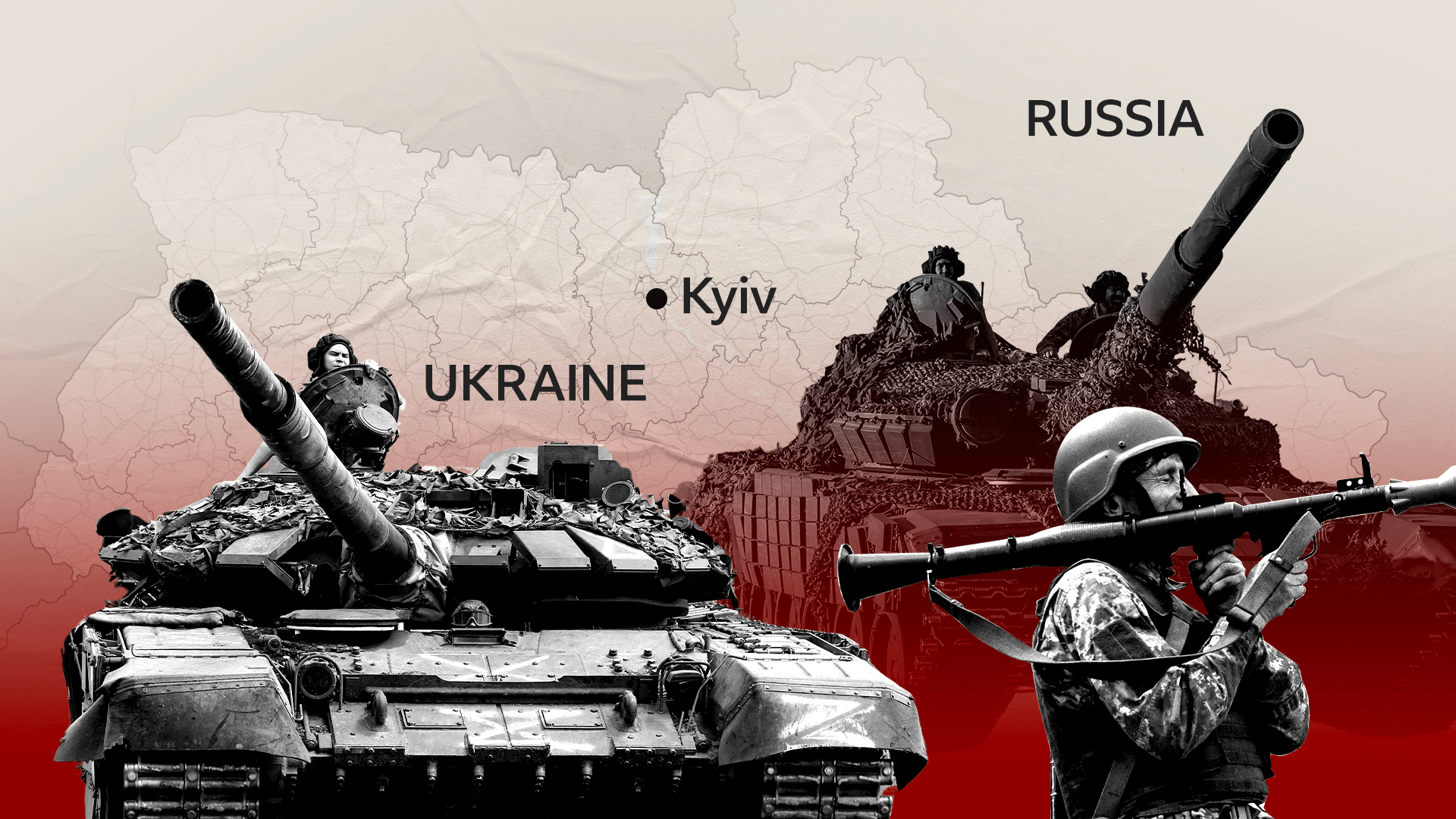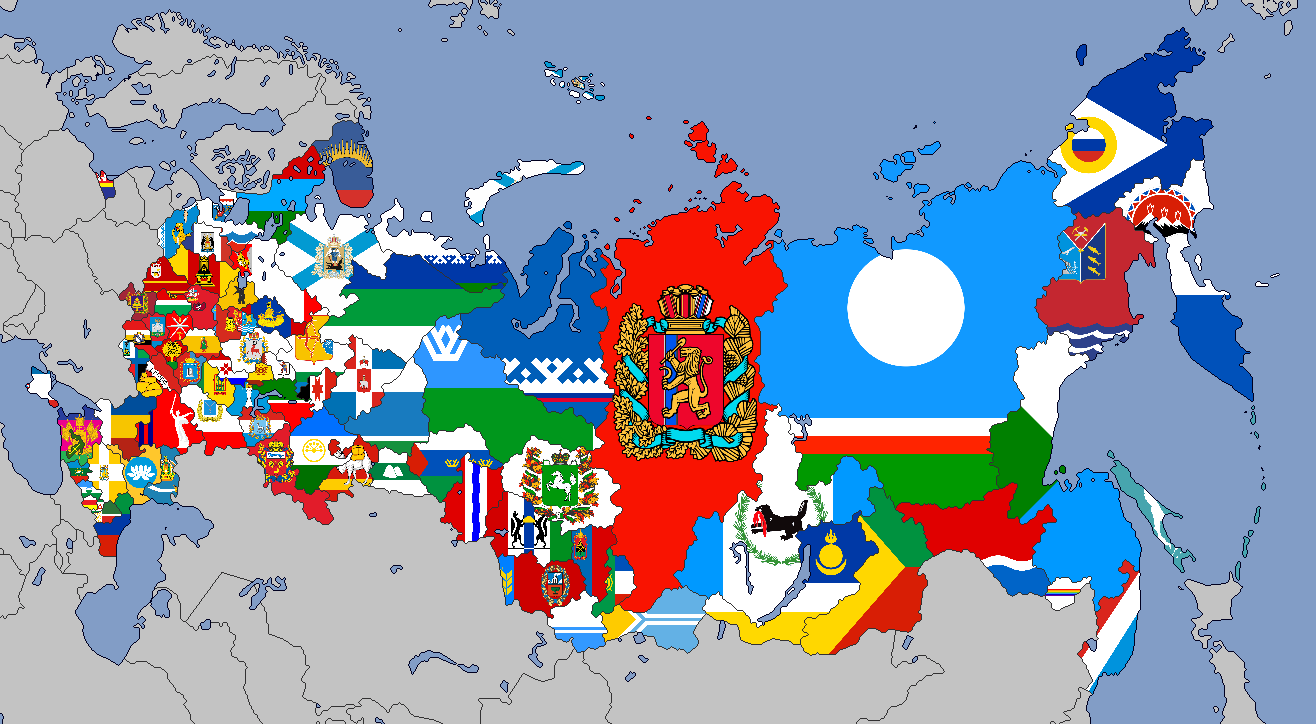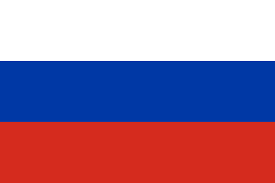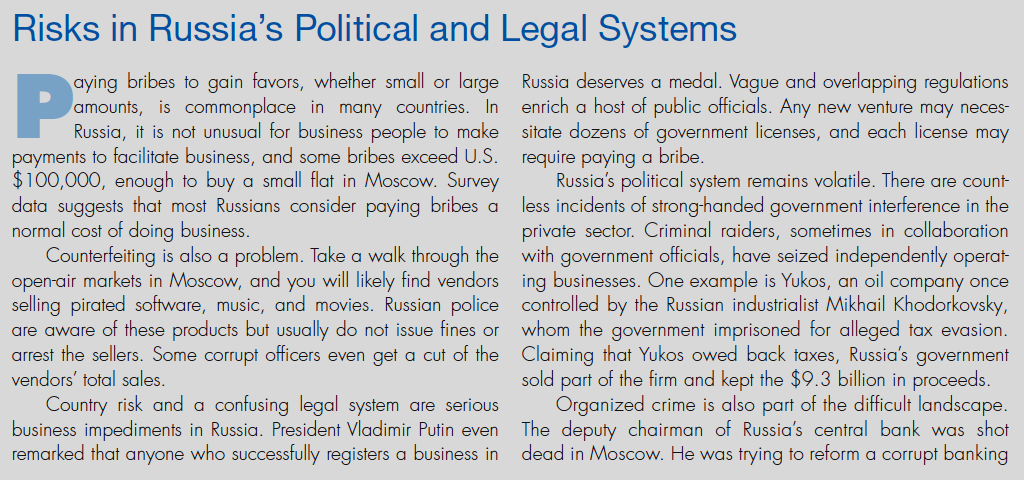Russia’s corporate law framework has evolved significantly since the collapse of the Soviet Union. While substantial progress has been made in aligning the legal system with international standards, challenges such as corruption, bureaucracy, and political instability continue to pose risks for businesses operating in Russia.
Key Aspects of Russian Corporate Law
- Company Formation: Russian law provides for various forms of business entities, including limited liability companies (LLCs), joint-stock companies, and partnerships. The choice of legal form depends on factors such as the nature of the business, ownership structure, and liability considerations.
- Corporate Governance: Russian corporate governance standards have improved over the years, but they still lag behind international best practices. Key issues include board independence, shareholder rights, and executive compensation.
- Intellectual Property Rights: While Russia has made efforts to strengthen intellectual property rights protection, enforcement remains a challenge. Foreign companies should take steps to protect their trademarks, patents, and copyrights.
- Taxation: Russia has a complex tax system, with various taxes applicable to businesses, including corporate income tax, value-added tax (VAT), and property tax. Tax incentives and special tax regimes may be available for certain types of businesses, particularly those operating in specific industries or regions.
- Labor Law: Russian labor law provides significant protection for employees, including rights to minimum wage, paid leave, and social security benefits. However, it can also be burdensome for employers, particularly in terms of paperwork and compliance requirements.
- Foreign Investment: Foreign investment in Russia is regulated by a variety of laws and regulations. Foreign investors may face restrictions on ownership, control, and repatriation of profits.
Challenges and Risks
- Corruption: Corruption remains a significant problem in Russia, which can lead to bribery, extortion, and other forms of misconduct.
- Bureaucracy: The Russian bureaucracy can be complex and time-consuming, making it difficult for businesses to comply with regulations and obtain necessary permits.
- Political Risk: Geopolitical tensions and changes in government policy can create uncertainty and impact the business environment.
- Currency Risk: Fluctuations in the Russian ruble can affect the profitability of businesses operating in Russia.
- Intellectual Property Rights Enforcement: Enforcing intellectual property rights can be challenging due to weak enforcement mechanisms and cultural factors.
Strategies for Success in Russia
To mitigate risks and maximize opportunities, foreign businesses operating in Russia should:
- Partner with Local Companies: Partnering with a local company can help navigate the complex regulatory environment and cultural nuances.
- Hire Qualified Legal and Tax Advisors: Engaging experienced legal and tax advisors can help ensure compliance with local laws and regulations.
- Build Strong Relationships with Government Officials: Establishing strong relationships with government officials can facilitate business operations and resolve potential issues.
- Implement Robust Risk Management Strategies: A comprehensive risk management strategy can help identify and mitigate potential risks.
- Stay Updated on Regulatory Changes: Keeping up-to-date with changes in Russian law and regulations is essential for compliance.
By carefully considering these factors and adopting appropriate strategies, foreign businesses can successfully navigate the complex Russian legal and business environment.











Leave a Reply